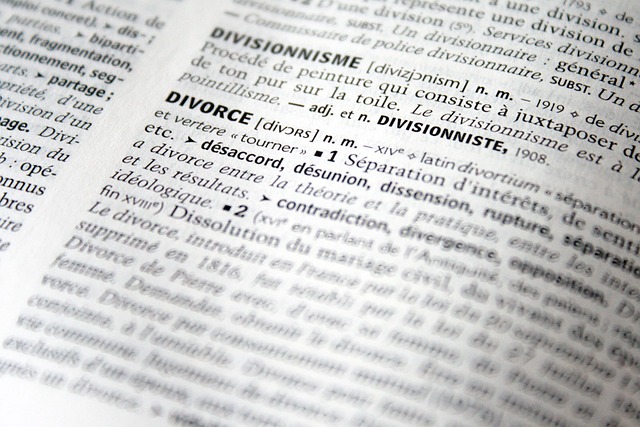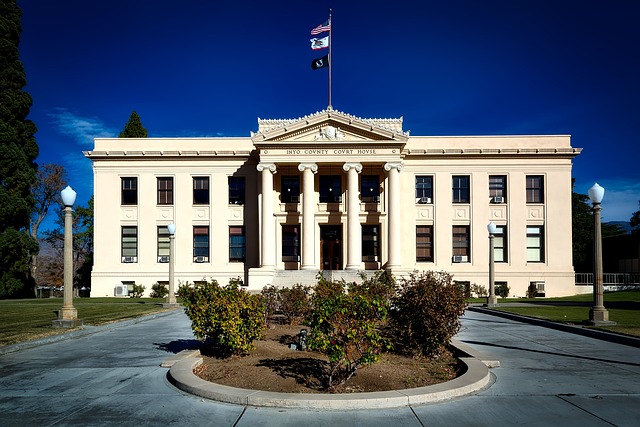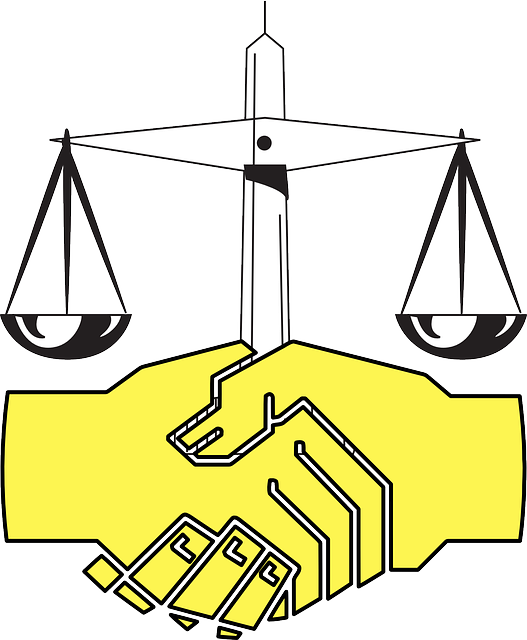navigating the complexities of legal proceedings can be challenging, especially for individuals or businesses dealing with language barriers. In the United Kingdom, where legal documents must be accurately translated and authenticated, understanding the nuances between certified and legalised translations is paramount. This article delves into the essential role of legalised translation services in the UK’s legal system, highlighting their necessity for ensuring clarity and compliance within legal contexts. We explore the legal framework governing document translation, the importance of precision, and how to access cost-effective, professional services that provide legalised translations. With a focus on key providers and a step-by-step guide to the process, this piece serves as an invaluable resource for anyone requiring legal document translation within the UK’s legal sphere.
- Understanding the Necessity of Legalised Translation Services in the UK
- The Role of Legalised Translation in Legal Proceedings
- Key Differences Between Certified and Legalised Translations
- Navigating the Legal Framework for Document Translation in the UK
- The Importance of Accuracy and Compliance in Legal Documents
- Overview of Affordable Legalised Translation Services Providers in the UK
- Evaluating the Credentials of Translation Service Providers
- Step-by-Step Guide to Obtaining a Legalised Translation in the UK
- Cost-Effective Solutions for Large-Scale Legal Document Translation
- Case Studies: Successful Use of Legalised Translation Services in Legal Matters
Understanding the Necessity of Legalised Translation Services in the UK

In the UK, where legal documents are a cornerstone of business transactions, property dealings, and legal proceedings, the accuracy and authenticity of translations cannot be overstated. Legalised translation services in the UK play a pivotal role in ensuring that all parties involved have a clear and precise understanding of written content that has been translated from one language to another. These services go beyond mere linguistic conversion; they provide certified translations that are stamped and approved by official bodies, granting them legal standing. This certification is crucial for international businesses or individuals engaging in legal processes within the UK, as it confirms the translation’s compliance with the country’s legal requirements. The necessity of these services arises from the multicultural composition of the UK, where language barriers can pose significant challenges in legal settings. Legalised translation services bridge this gap by offering translations that are legally binding, thereby facilitating smoother and more reliable interactions between entities who operate in different linguistic spheres. In a nation where the rule of law is foundational, utilising professional legalised translation services is not merely a matter of convenience but a prerequisite for due process and legal integrity. For those navigating the complexities of UK law, whether for immigration, litigation, or commercial ventures, the importance of employing such services cannot be overstated.
The Role of Legalised Translation in Legal Proceedings

In the context of legal proceedings, the accuracy and authenticity of documents are paramount. This is where professional Legalised Translation Services UK play a crucial role. These services ensure that translations are not only accurate reflections of the original content but also hold legal weight within the UK’s judicial system. The process of legalisation involves the certification of a translation’s authenticity by a qualified translator and subsequent endorsement by a designated government body, such as the Foreign and Commonwealth Office (FCO). This legalisation is essential for the translation to be admissible in court, providing confidence to legal professionals and parties involved that the information has been conveyed precisely and legally. The Legalised Translation Services UK adhere to strict protocols, including a comparison of the translated document against the original to guarantee no discrepancies or alterations have occurred, thereby safeguarding the integrity of the legal process. This meticulous approach ensures that all parties can rely on the translated content as if it were the original document, facilitating fair and just outcomes in legal matters.
Furthermore, navigating the complexities of international law requires a level of linguistic precision that is only achievable through expert Legalised Translation Services UK. These services are adept at handling sensitive legal documents, including contracts, witness statements, and legal correspondence, ensuring they are legally binding across different jurisdictions within the UK. By leveraging the expertise of professional translators who specialise in legal language and terminology, these services bridge communication gaps between parties speaking different languages, thereby promoting clarity and understanding in multilingual legal settings. This capability is indispensable for law firms dealing with cross-border cases, international litigation, or any situation where a precise translation is non-negotiable. The reliability and credibility provided by Legalised Translation Services UK are invaluable assets in the legal arena, upholding the principles of justice and fairness across linguistic boundaries.
Key Differences Between Certified and Legalised Translations

When navigating the realm of legal document translations, understanding the nuances between certified and legalised translation services is paramount. Certified translations are renditions of a text that have been verified by a translator against the original to ensure accuracy. These translations come with a certificate or statement from the translator declaring that the translation is complete and faithful to the source document. This certification, however, does not inherently hold legal weight in countries outside the United Kingdom.
On the other hand, legalised translation services are specifically designed for international use. A legalised translation is both accurate and authenticated to be accepted by authorities abroad. The process involves not only the translation itself but also a series of endorsements. In the UK, this typically includes having the document translated, followed by its certification by an accredited translator or translation service. Post-certification, the translation must then be legalised at a UK Foreign and Commonwealth Office (FCO) office, where it is stamped with an apostille—a form of international certification that verifies the seal and signature of the individual or entity that signed your document. This legally binding stamp confirms that the translation is indeed a true and accurate representation of the original text and that the translator’s qualifications are recognised by the UK government. Legalised translation services UK, therefore, cater to legal requirements across international borders, ensuring that translations are accepted in foreign jurisdictions without issue. This process is essential for individuals and organisations dealing with legal matters that transcend national boundaries, such as adoption documents, academic credentials, business contracts, and more.
Navigating the Legal Framework for Document Translation in the UK

In the United Kingdom, navigating the legal framework for document translation requires a comprehensive understanding of the relevant legislation and standards that govern the process. Legalised translation services in the UK are integral for individuals and organisations seeking to translate documents for legal purposes, ensuring that all translations meet the stringent requirements set forth by UK law. These services not only focus on accurate linguistic transfer but also include a certification process where the translated document is stamped and certified as a true representation of the original by a qualified translator. This legalised translation certifies that the content has been faithfully rendered into the target language, which is crucial for legal proceedings, contractual agreements, or any formal submission to UK authorities. The legalisation process often involves additional steps such as embassy attestation or apostille verification, further ensuring the authenticity and legality of the translated documents within the UK legal system.
The UK’s commitment to maintaining high standards in legal document translation is underscored by the strict adherence to guidelines such as the ISO 17100 for translation services and the ISO/IEC 27001 for information security management. These standards ensure that all sensitive information is handled with the utmost confidentiality and precision, a non-negotiable aspect of legalised translation services in the UK. For businesses and individuals alike, engaging with professional translation services that specialise in legal translations offers peace of mind that their documents will be compliant with UK regulations, facilitating smooth transactions and interactions across borders.
The Importance of Accuracy and Compliance in Legal Documents

When it comes to legal documents, precision and conformity with regulations are paramount. The use of professional legalised translation services in the UK ensures that all translations meet the stringent standards set forth by the legal industry. These services go beyond mere linguistic equivalence; they involve a certified translator providing an accurate translation followed by a comparison of this translation against the original document, known as ‘attestation’ or ‘apostille’ where necessary. This process verifies that the translated content is both faithful to the source material and compliant with the legal framework governing official documents. It also confirms that the translator has the qualifications and authority to perform such translations. For entities operating within the UK legal system, this level of scrutiny is crucial for maintaining the integrity of legal proceedings, protecting parties involved, and upholding the rule of law. Moreover, legalised translation services in the UK cater to a diverse range of languages and specialise in various areas of law, from contracts to patents, ensuring that every nuance is accurately conveyed, regardless of the language barrier. This meticulous attention to detail is not just a matter of legal compliance but also one of trust and reliability, both critical in the context of legal matters.
Overview of Affordable Legalised Translation Services Providers in the UK

Evaluating the Credentials of Translation Service Providers

Step-by-Step Guide to Obtaining a Legalised Translation in the UK

When requiring a legalised translation in the UK, it is imperative to follow a structured process to ensure the document’s authenticity and legal recognition across different jurisdictions. The first step involves engaging with a reputable Legalised Translation Services UK provider. These service providers are well-versed in the necessary protocols and can guide you through each stage of the translation process. They will start by translating your document accurately from its original language into English, ensuring that every nuance is captured to comply with legal standards.
Upon completion of the translation, the translated document must undergo a series of certifications. This typically begins with obtaining a certified translator’s stamp or signature, affirming that the translation is complete and faithful to the source text. Subsequently, the translation must be taken to a UK-based solicitor or notary public who can attest its accuracy and declare it a ‘true copy’ of the original document. This legal professional will then affix their own stamp or seal, providing an additional layer of verification. The final step involves taking the certified and stamped translation to the Legalisation Office at the UK Home Office or a British diplomatic or consular mission abroad for further endorsement. This official process known as ‘Apostille’ is required if the document needs to be used in another country that is a member of the Hague Apostille Convention. The entire process, from initial translation to final legalisation, ensures that your translated legal documents are recognised and admissible in both UK courts and international jurisdictions.
Cost-Effective Solutions for Large-Scale Legal Document Translation

In the realm of legal proceedings, precision and accuracy are paramount, making legalised translation services an indispensable tool for multinational entities operating within the UK. For large-scale legal document translation, cost-effective solutions are not just beneficial but also a necessity for organisations aiming to navigate the complexities of cross-border litigation or compliance without incurring prohibitive expenses. The UK’s diverse linguistic landscape demands translations that are not only accurate but also legally certified to ensure that documents meet the requisite legal standards across different jurisdictions. This is where specialized translation services come into play, offering a blend of affordability and quality. These services provide legalised translations that have been verified by professional translators and legal experts, ensuring that every nuance and legal term is accurately conveyed in the target language. By leveraging advanced technology and a global network of legal linguists, these service providers can handle large volumes of documents efficiently, delivering timely translations that are legally certified for use in UK courts or regulatory bodies. This not only streamlines legal processes for businesses but also facilitates smoother communication and compliance with international laws, thus mitigating risks and promoting legal clarity within the organisation.
Case Studies: Successful Use of Legalised Translation Services in Legal Matters

In the UK, the integration of legalised translation services has proven to be a pivotal asset within the legal sector, particularly for cases involving international litigation or transactions. A prime example is the successful resolution of a complex cross-border dispute between two multinational corporations. The crux of the matter was encapsulated in voluminous documents and correspondence, all of which were in different languages. Utilising Legalised Translation Services UK, the legal team translated and certified the documents, ensuring that all parties had access to precise and legally binding translations. This facilitated a swift and amicable settlement, highlighting the efficiency and reliability of such services. Another case study involves a UK-based individual who required legal documentation for property transactions in Spain. The accuracy of the translated deeds, contracts, and notarial certificates provided by Legalised Translation Services UK was paramount to avoiding potential legal pitfalls and ensuring the transaction’s validity across jurisdictions. Both instances underscore the critical role these services play in upholding justice and maintaining legal integrity within an increasingly globalised legal environment.
